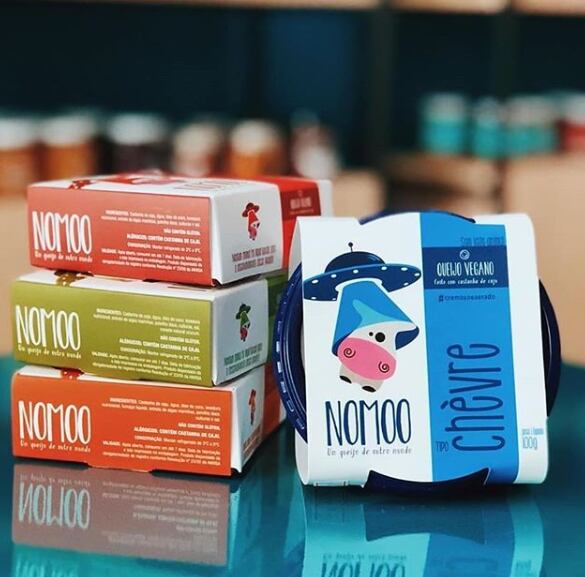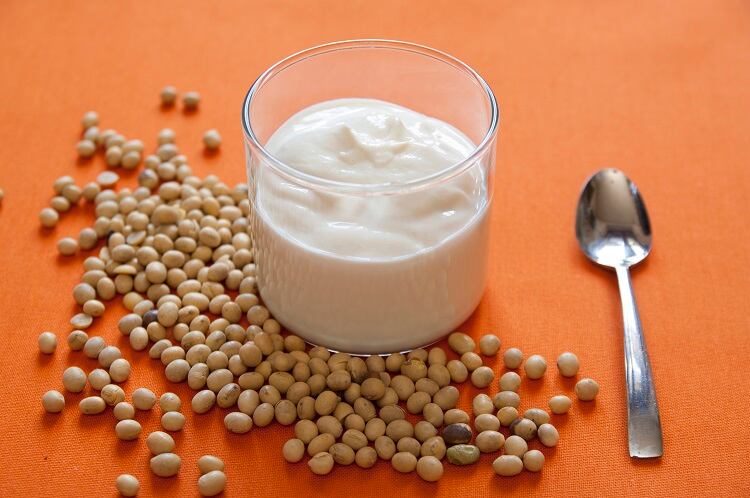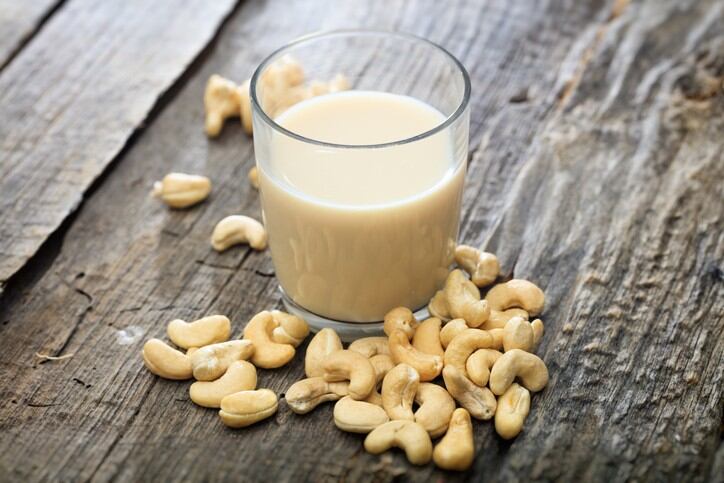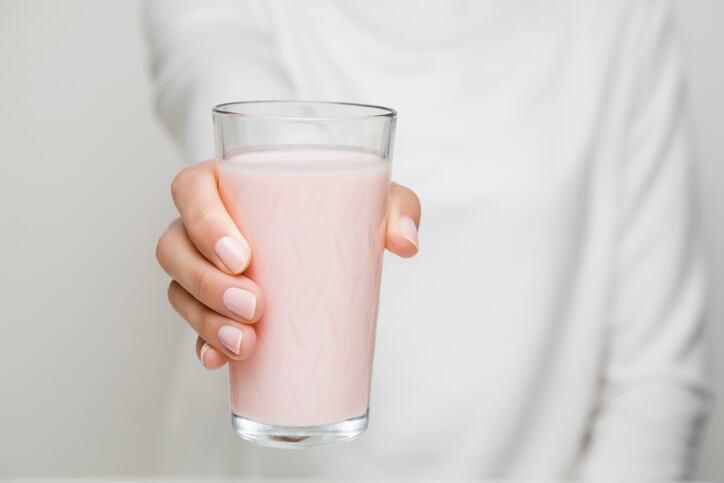Founded in 2015 by Brazilian husband-and-wife team Marcelo Doin and Nathália Pires, the company has grown to become one of Brazil’s leading manufacturers of plant-based dairy alternative products.
NoMoo currently has a portfolio of 12 products, including six cheeses (mozzarella, prato, provolone, chevre, grated parmesan and requeijão) and four drinking yogurts (plain, strawberry, peach and lime flavor). Today, the company sells around 10 tons of finished product a month and has retail listings in Pão de Açúcar and other chains with a total of 1,200 points of sale.
The 'game-changing find'
Both Doin and Pires were working in Brazil as corporate attorneys when they decided to move into the food business. They moved to New York where Doin trained to be a chef at a culinary arts school.
“I had the lifetime opportunity to learn and master some very sophisticated molecular gastronomy techniques from the best chefs […] including Michelin
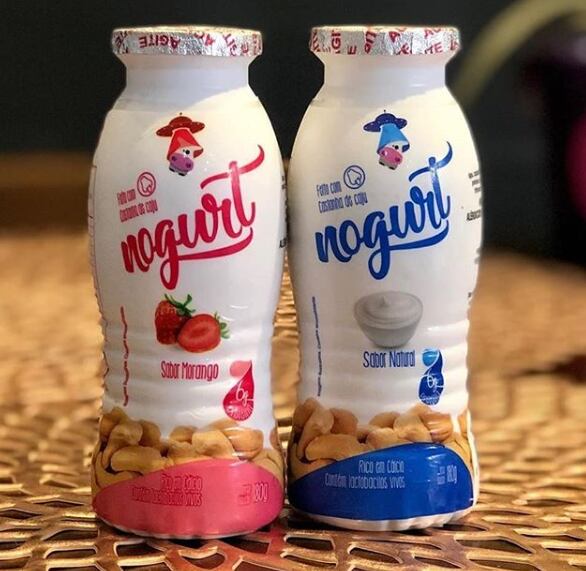
starred-chef Bill Telepan. With that knowledge of molecular gastronomy and self-learning from chemistry books, I decided that it was time to learn how to make conventional cheese in order to make a plant-based cheese applying real dairy techniques.”
When one of his teachers said it was impossible to make real, fermented cheese using plant-based milk, Doin decided to try.
“After six months of research and study, I developed a molecular milk able to trick the same bacterias that feed from cow's milk lactose, to feed from the cashew milk sugar molecules. That was the game-changing find that allowed NoMoo to become the [...] pioneer plant-based cheese company in Brazil," he said.
The couple moved back to Brazil in 2015 and founded NoMoo, bootstrapping the business with personal savings. They began producing and selling locally in Rio de Janeiro and within six months were selling nation-wide, Doin said. In 2018, it was selected to take part in Endeavor Brazil’s scale-up accelerator program, further driving reach.
Three new product launches in 2019
Last year, the Rio de Janeiro-headquartered company launched three new products: an egg-free mayonnaise that uses aquafaba (chickpea water), a plant-based cultured butter that can be used in baking and cooking, and a non-dairy version of requeijão, a typically Brazilian spreadable cheese, that it makes from a blend of plant-based proteins.
“This is our only product with no fermentation [...] as there was a local market demand from consumers with nut allergy. We managed to get an impressive texture and flavor pretty close to the real deal,” co-founder and CEO Doin told us.
“The biggest challenges at this point are making the product more affordable for a larger part of the population and scaling-up the production,” he added. “Our next milestones are exportation and expansion of our facility which will require a considerable effort and money. [This will] probably be the moment to consider a series A and admittance of partners.”
NoMoo: '88% of our customers are not vegans'
According to Doin, the vast majority - 88% - of NoMoo’s consumers are wellness-focused people looking for a healthier diet and seeking clean label products, rather than vegans.
Managing director of GFI Brazil Gustavo Guadagnini said dairy alternative brands are no longer appealing solely to vegans or people with dairy allergies. By focusing more on other attributes, such as health and product choice, they are catching a wider base.
“Vegan cheese brands like NoMoo cater for vegans, but they don’t just market to vegans," Guadagnini told this publication previously.
“Companies operating in the plant-based market sector are reporting strong positive growth, and the number of retailers interested in selling these products is increasing dramatically,” he said.
“Nowadays it is much easier to find plant-based dairy products not only in major cities, but also smaller cities [...] and some other states in Brazil. From here, it’s just a matter of time before these products are prolific in the whole country.”

